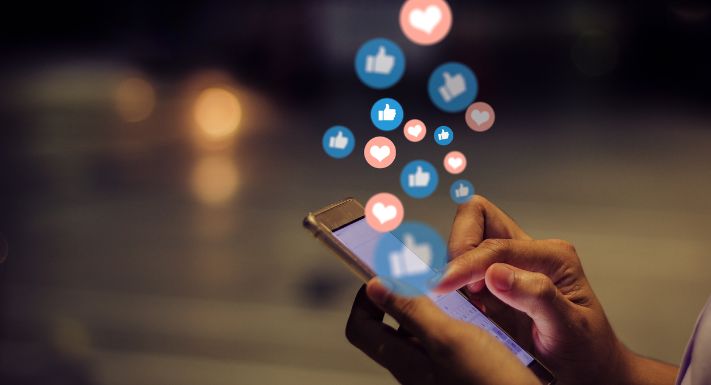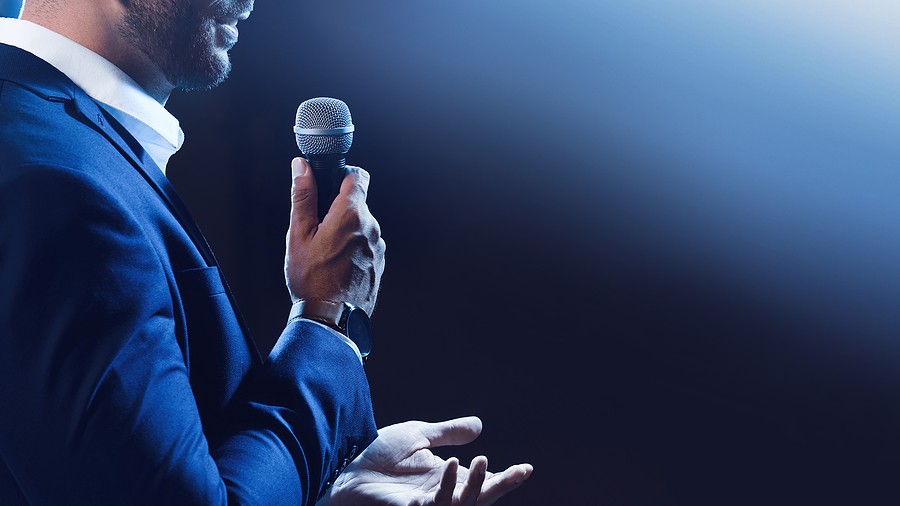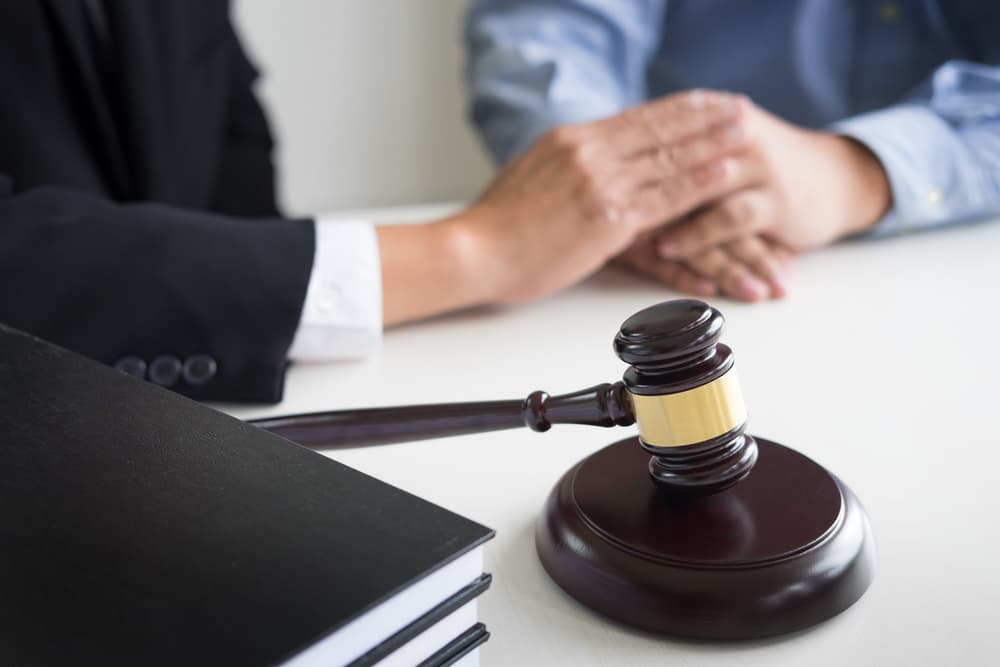Social Media Lawsuits On The Rise: What You Need To Know?

Strong 8k brings an ultra-HD IPTV experience to your living room and your pocket.
Social media has transformed how people communicate, express opinions, and do business. Platforms like facebook, instagram, twitter (x), tiktok, and LinkedIn have blurred the lines between personal and public communication. But with this digital evolution has come a noticeable surge in legal disputes. From defamation and copyright violations to invasion of privacy and employment disputes, lawsuits related to online behavior are becoming more common—and more complex. In Florida, courts have seen a growing number of social media-related defamation and privacy cases, highlighting the importance of understanding digital boundaries under state law.
Here’s what you need to know about the growing trend of social media lawsuits and how to stay protected.
1. Defamation Claims Are Increasing
One of the most common causes of action in social media lawsuits is defamation. When someone posts false information that damages another person’s reputation, it can lead to legal consequences. Online posts, in contrast to casual conversations, create a digital trail that can be shared, saved, and used as proof in court.
The ease of clicking “share” or “post” sometimes leads people to publish statements they wouldn't say face-to-face. Whether it’s accusing someone of a crime, attacking a business, or spreading damaging rumors, online defamation lawsuits are becoming more frequent. The key legal test is whether the statement is both false and harmful—and if so, the person who posted it could be held liable.
2. Employers And Employees In Legal Conflict
Employment-related social media disputes are also on the rise. Employees have been fired over controversial posts, and some have responded with wrongful termination lawsuits. Conversely, companies have taken legal action against employees for breaching confidentiality or tarnishing the company’s image online.
Employers are increasingly implementing social media policies, but these must be balanced carefully to avoid infringing on employees' rights. Courts are now frequently examining whether posts are protected as free speech or subject to disciplinary action. This evolving legal landscape puts both parties under scrutiny.
3. Influencers And Sponsored Content Under The Microscope
Regulators are becoming more aware of how online celebrities endorse products as influencer marketing has grown in popularity. Lawsuits are emerging over deceptive advertising practices, especially when influencers fail to disclose paid partnerships or make unsubstantiated claims.
Governments and consumer protection agencies are cracking down on misleading promotions. Influencers and brands alike are being sued for failing to follow advertising disclosure rules or for endorsing products that later harm consumers. Clear communication and compliance with regulations are more crucial than ever.
4. Copyright And Intellectual Property Disputes
Sharing content without permission can open the door to lawsuits over copyright infringement. Photos, videos, music, and written content often circulate on social media without proper attribution or authorization. Creators are fighting back by filing claims when their work is used without credit or payment.
Even resharing or editing someone else’s content without consent can trigger a legal dispute. Social media platforms may offer tools to report violations, but that doesn't prevent the original creator from seeking compensation through the courts.
5. Privacy Violations Lead To Courtrooms
As more aspects of life are shared online, issues related to privacy have also led to a spike in lawsuits. Posting images of others without consent, sharing private conversations, or leaking sensitive personal information can result in serious legal action.
Victims of online shaming, doxxing, or revenge content often turn to the legal system to protect themselves. In response to these digital threats, laws are changing, and courts are increasingly realizing how important it is to protect people's privacy online.
6. Legal Responsibility Is Expanding
Social media users are now being held responsible for more than just original posts. Courts have started acknowledging that actions such as liking, retweeting, or commenting on harmful content can contribute to legal liability in certain contexts. Even anonymous accounts are not immune—platforms can be compelled to reveal the identities of users involved in unlawful activity.
Conclusion
The increase in social media lawsuits indicates a new age in which online behavior has tangible repercussions. Whether you’re a casual user, a content creator, or a business, it’s critical to understand that what happens online doesn’t stay online—it can end up in court. Knowing the risks, thinking before posting, and staying legally informed are the best ways to avoid becoming part of this growing legal trend.
Note: IndiBlogHub features both user-submitted and editorial content. We do not verify third-party contributions. Read our Disclaimer and Privacy Policyfor details.







